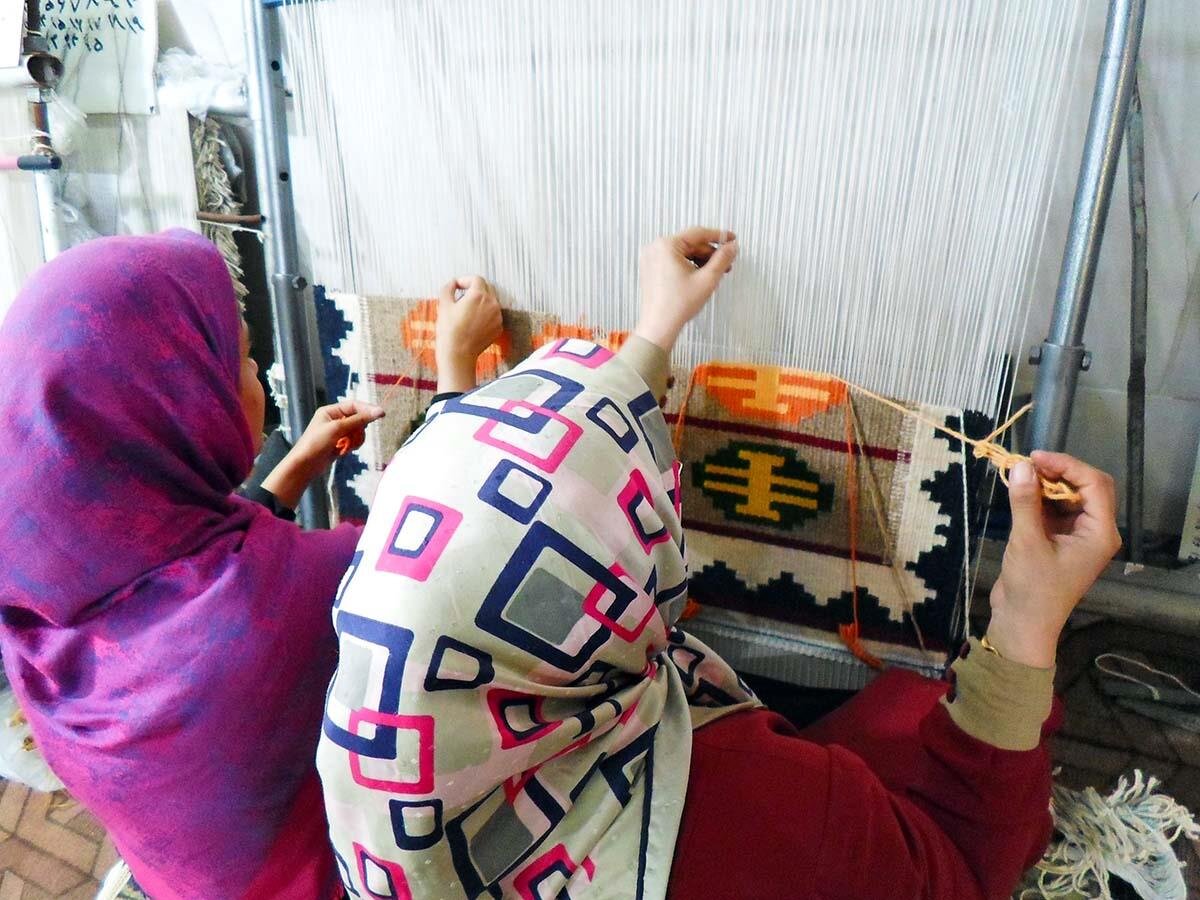Izeh capable of becoming world city of Kilims, handicrafts expert says

TEHRAN - Izeh, a city in southwestern Iran, has considerable scope to be recognized globally for its rich tradition of kilim weaving.
According to Abbas Rahimi, a handicrafts researcher, Izeh holds significant potential to be registered as a world city of kilims by the World Crafts Council (WCC), provided certain infrastructural improvements are made.
Located in the northeastern Khuzestan Province, Izeh has long been a hub for weaving kilim carpets, whose essential skills are passed down from generation to generation.
In an interview with ISNA, Rahimi highlighted that Izeh’s kilims are already in the process of being nationally registered.
He emphasized that for the city to gain international recognition, the existing facilities simply need to be better organized.
Izeh even has more potential than Dezful (another ancient city within the province), which was recognized as a world city for its basket-weaving craft, Rahimi stated.
He pointed to the abundance of kilim weaving workshops and cooperatives businesses across the city as evidence of its capacity. “Currently, Izeh boasts 12 kilim-weaving training centers and 12 cooperatives, further underlining the town’s strong foundation in the craft.”
The kilims produced in Izeh are not only decorative but highly functional, Rahimi noted. He explained that international recognition could greatly enhance the city’s prospects for development and progress, turning Izeh into a global hub for kilim artistry.
For Izeh to achieve WCC recognition, Rahimi stressed the importance of inviting World Crafts Council evaluators to visit the city’s kilim-weaving workshops, cooperatives, markets, and training centers.
Izeh, located 180 kilometers from Ahvaz and known for its rich eco-tourism, is home to the Bakhtiari tribe, whose members speak the Bakhtiari dialect. Situated in a semi-mountainous region, the city plays a vital role in Khuzestan’s cultural and handicraft landscape.
Kilims, which are flat tapestry-woven carpets or rugs, have been traditionally produced in Iran and other countries of the former Persian Empire.
AM
